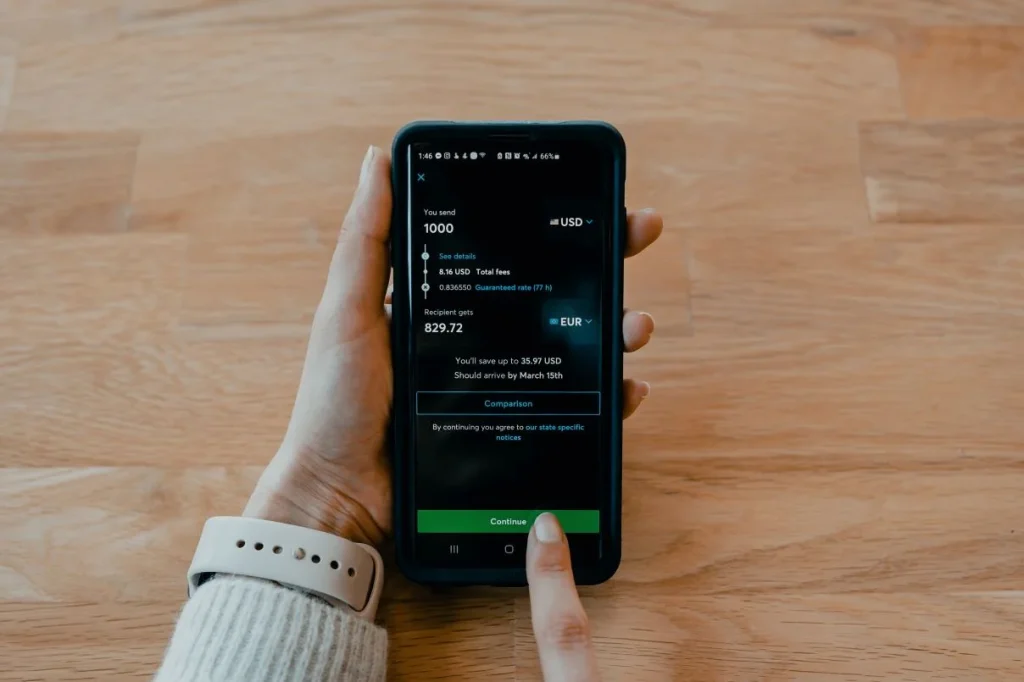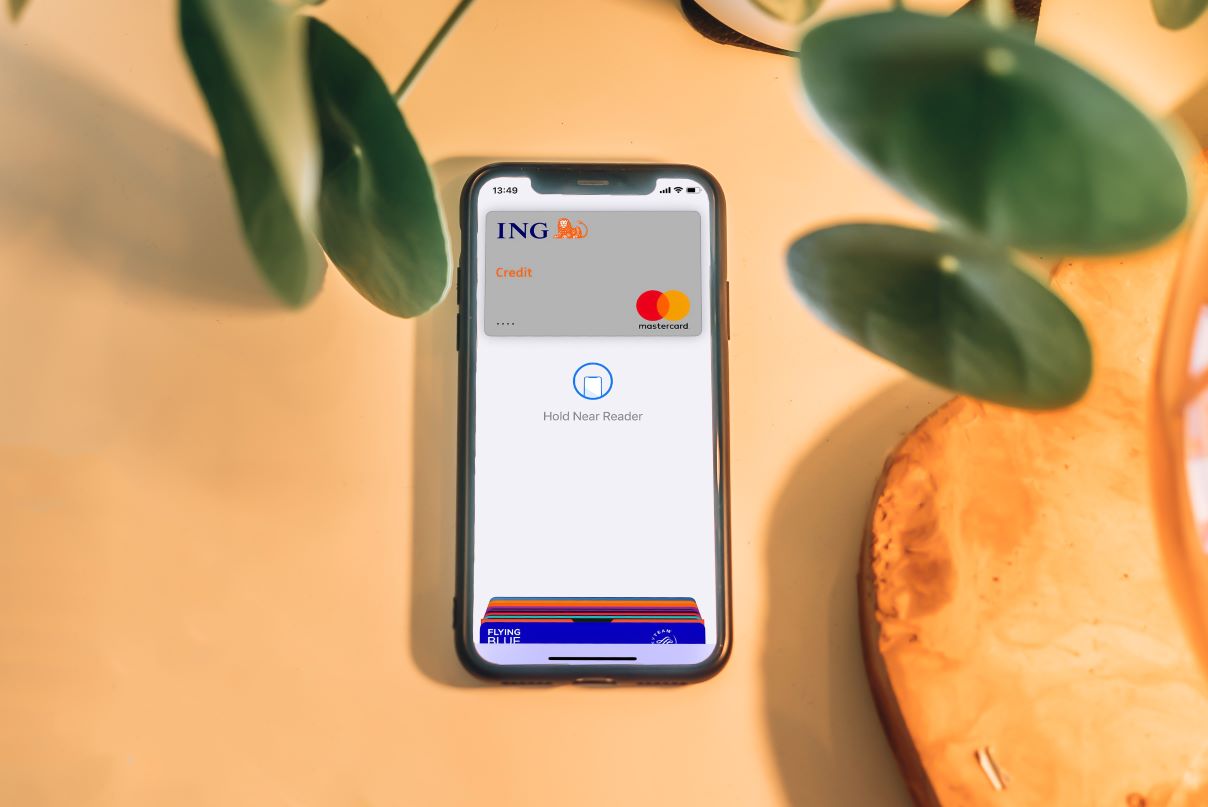Despite being one of the countries in Southeast Asia with the quickest pace of growth, the Philippines lacks adequate financial services due to large traditional banks’ focus on corporate and wholesale business.
Investment in a house and lot for sale or in any property in the residential real estate industry stands to gain significantly from this technological development. Digital banking has the potential to open new doors and democratize access to real estate for a larger population in the Philippines, where owning property has historically been a profitable investment. In this essay, the potential of digital banking for promoting home purchases in the Philippines is examined.
Given the country’s developing economy, urbanization, and rising middle class, the real estate market in the Philippines has experienced a tremendous upsurge in recent years. Residential real estate investing has always been regarded as a lucrative business that offers long-term capital growth and rental income. The conventional method of buying real estate and financing ventures, however, has frequently been laborious and drawn out. This is where digital banking is changing the game, offering a simple and practical way to open the Philippine market to residential real estate investment.
What is Digital Banking?

“Digital banking” refers to the use of Internet platforms and digital technology to offer banking services to customers. It makes it possible for people and companies to maintain their accounts and conduct a variety of financial activities without the use of conventional brick-and-mortar bank branches. The logical progression of banking and financial services in a digital environment is known as digital banking. Customers start to demand digital amenities from new items as more services switch to using the internet for almost all of their operations.
Online banking

Online banking is the process of using a computer to access your bank’s website and use its features and services. For balance inquiries or electricity bill payments, log into your account. At many banks, you can use your online banking login to access additional financial options like getting a loan or credit card.
Mobile Banking

Using a mobile banking app on a mobile device, such as a smartphone or tablet, allows you to access many of the same banking functions. These bank-issued apps are proprietary and are typically accessed using the same login credentials as your Internet banking account. Mobile banking is incredibly practical. People utilize mobile banking because it makes it easier to deposit checks, pay for goods, send money to friends, and locate ATMs quickly. To avoid the possibility of having their personal information compromised, users should always establish a secure connection before enrolling in an app for mobile banking.
Digital Banking Philippines

In recent years, digital banking in the Philippines has grown and changed significantly. Digital banking services are now widely used and offer simplicity, accessibility, and increased financial inclusion thanks to a tech-savvy population and rising internet coverage.
Although digital banking in the Philippines has come a long way, there are still issues like cybersecurity concerns, internet access issues, and issues with digital literacy. However, ongoing initiatives by banks, authorities, and other interested parties attempt to overcome these issues and improve the nation’s digital banking ecosystem.
Services Offered by Online Banking

Numerous services that were previously only available in person at physical banks are now available online:
- Online account management allows users to create new accounts, check their account balances and past transactions, and modify account preferences.
- Fund Transfers: With the use of digital banking, users can send money to friends, family, and enterprises overseas as well as between their own accounts.
- Payment of Bills: Through digital banking platforms, users can pay their bills electronically, including those for services, debit and credit cards, and loans.
- Individual loans, mortgages, and loans for businesses can all be applied for online by people, who can also upload supporting documentation and check the status of their applications.
- Investment services are offered by many digital banking platforms, enabling customers to purchase and trade stocks, bonds, and a variety of financial products. They might also provide resources for budgeting and access to investment counsel.
- Customer Support: To help consumers with their questions or problems, digital banking platforms frequently have customer support channels available, such as live chat, email, or phone assistance.
Advantages of Online Banking

Convenience: Customers no longer need to visit traditional bank locations during set business hours because they may access banking services anytime with an internet connection. Breaking down boundaries and enabling remote access to financial products and services is one of the key benefits of digital banking. To open an account, apply for a loan, or manage their finances, those who are interested in residential property investing no longer need to go to a physical bank or financial institution. Instead, they may do so online.
Accessibility: People with restricted access to traditional branches of banks, such as those who live in rural areas or have mobility issues, can now receive banking services thanks to digital technology. Real-time market information can be accessed through digital banking channels, assisting real estate investors in making wise choices. Digital banking platforms can provide insights into real estate trends, fluctuations in the market, and investment opportunities by incorporating financial tools and analytics into their offerings. This data-driven strategy gives investors the ability to evaluate risks, pinpoint advantageous sites, and increase the profits of their real estate investments.
Efficiency and Speed: Digital transactions are frequently performed more quickly than traditional ones, which cuts down on waiting periods and paperwork. Modern technologies can facilitate scale and speed, but they don’t always produce resilience. In order for the technology to be properly deployed, this calls for support from upper management and strategic priorities. To put it another way, the success of the move to digital banking is still mostly driven by people. Having said that, it is impossible to disregard technology like cybersecurity, advanced analytics, artificial intelligence, and the use of cloud computing.
Enhanced Security: To protect users’ financial information and transactions, digital banking platforms use strong security features like encryption, verification protocols, and fraud detection systems. When it comes to digital transactions, security, and data privacy worries are frequently expressed. However, trustworthy digital banking systems use cutting-edge security safeguards to safeguard users’ financial data and transactions. Data security measures including encryption techniques, two-factor authentication, and secure networks guarantee that investment information is protected from illegal access. Digital banking platforms can boost real estate investors’ confidence and engagement by building trust and assuring the security of transactions.
Cost reductions: Since digital banking eliminates the need for physical equipment and employees, both banks and clients may experience cost savings. Investors may discover more residential real estate investment opportunities thanks to digital banking. Investors can diversify their portfolios and pick properties that match their financial objectives and risk tolerance using online platforms that feature a variety of developments, such as a house and lot for sale, condominiums, townhouses, and residential lots. Digital banking may also make it easier to use crowdfunding or fractional ownership models, lowering the entry hurdle for potential investors and enabling people to combine their money for bigger real estate projects.
Role of Banks in the Philippines in Economic Growth and Financial Inclusion

In the Philippines’ economic growth and financial environment, banks are crucial. Banks, which act as financial intermediaries, stimulate economic growth by simplifying capital allocation, promoting savings and investments, and offering crucial financial services to citizens, companies, and the government.
In the Philippines, banks are essential in attracting and distributing investment for economic growth. In order to encourage business ownership, job creation, and infrastructure development, they take deposits from both individuals and companies and invest the money in loans and investments. Banks offer financing choices for a variety of industries, including manufacturing, real estate, small and medium-sized enterprises (SMEs), and agriculture, which promotes economic growth and increases overall productivity.
The core of the Philippine economy is made up of small and medium-sized businesses (SMEs), which provide a considerable contribution to employment and economic expansion. By giving SMEs access to money and other financial resources, banks benefit SMEs significantly. Banks promote entrepreneurship, support business expansion, and stimulate innovation through SME-focused lending programs, credit facilities, and business advising services. Banks promote job growth, economic diversification, and resistance to economic shocks by supporting SMEs.
Banks enable people and businesses, to promote inclusive growth and lowering socioeconomic disparities through increasing access to financial services and embracing technological advancements. Banks continue to develop and adapt as significant economic drivers in the Philippines.
What Is Real Property Tax?

Real property tax, often known as property tax or real estate tax, is a charge made by local governments on the ownership of real property, which includes both the unimproved land itself and any buildings, homes, and other structures that are built there. Since it is based on the assessed value of the property, it is a type of ad valor em tax.
Municipalities and other local government entities typically levy real property taxes to raise money for paying public services and infrastructure expansion within their respective spheres of influence. The tax levied on property owners helps to pay for the local government’s basic services like roads, schools, hospitals, and public safety.
Local Laws and Regulations of Real Property Tax

What is property assessment?
Each property within a jurisdiction’s jurisdiction is valued by local assessors. The assessed value is determined by a number of elements, such as the market value, size, location, and any additions done to the property. Assessments could be carried out on a regular basis or in response to changes in property ownership or development.
Your home’s value is assessed for property taxes on a specific day. The value that is assessed is chosen each year in various jurisdictions. However, it may only be done when the property is transferred, every three years, or according to another timetable in other jurisdictions. In certain places, the marketplace value is divided by a valuation rate to determine the assessed value, whereas in other regions, the market value is multiplied by the evaluation rate to determine the assessed value.
The use of your property (residential, agricultural, residence, office, unoccupied land, etc.) is taken into account when calculating your bill as well as the appraised value of your property. Taxation should be done at a consistent rate, meaning that all units in the same group should have the same multiplier even though various uses may be subject to different tax rates. Your property’s size, architectural style, age, and location are just a few examples of the elements that can influence your tax rate within that category.
Tax Rate
After determining the assessed value of a property, the local government determines the tax rate, which is frequently represented as a percentage of the assessed value. The type of property and the local tax laws may have an impact on this rate. The amount at which a person or business is taxed is known as the tax rate. The national government and several states in the US implement a progressive tax system, meaning that as a person’s or an entity’s taxable income rises, so does the percentage of tax due. With a progressive tax rate, more money is taken in from taxpayers who earn more.
Tax Payments
Depending on municipal laws, property owners are often expected to pay their real property tax annually or in installments. Property owners can pay their taxes by following deadlines and payment options set by the local government. The local government may take penalties, interest rates, or lawsuits as a result of unpaid property taxes.
Investment in residential real estate in the Philippines has the potential to undergo a revolution thanks to digital banking. A larger populace can actively participate in real estate investing by taking advantage of the accessibility, convenience, and improved financial inclusion provided by digital banking services. Digital banking’s streamlined transaction procedures, access to real-time market data, and expanded investment opportunities will democratize finance.
Related Blog: What are Digital Banks and Why Should You Consider Them?


